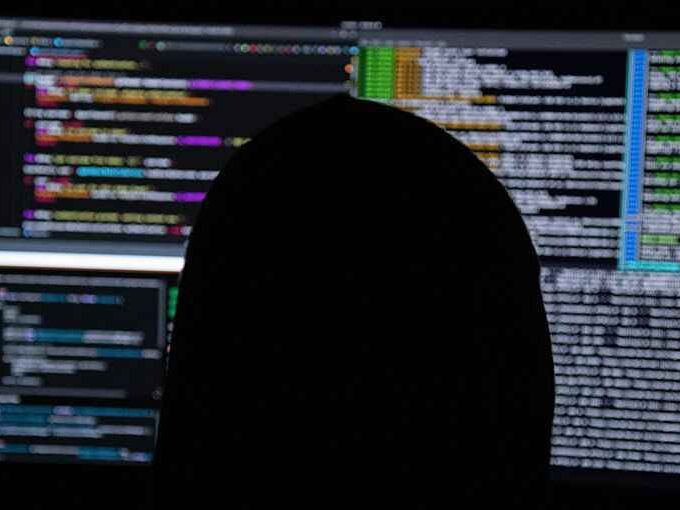It is general knowledge that a child’s brain is flexible and highly adaptable. They can absorb and process information quickly, though they still need guidance on harnessing their intelligence for good. However, is this the right age for them to learn something as complicated as programming?
Generations that did not grow up around tech devices dread the operations, workflow charts, and robotic languages that don’t make sense. Some of those who got first introduced to it can relate to the trauma, though they are lucky enough to witness how the scary chunk of codes turned into something fun.
Is desensitizing children from intimidating codes a good reason for early coding education, hoping they would be confident to play around a string of commands or even design their own programs as soon as they reach adolescence?
Our tech biases lead to a bold yes answer to coding education for children. We listed below our reasons for it.
Coding Improves Problem Solving Capabilities
When solving programming problems or formulating a basic workflow, logic is your bread and butter. With an untrained sense, it’ll be difficult to catch up. But as kids have great potential, it shouldn’t be a hurdle if they get exposed to these technical riddles prematurely.
A good coding for kids class is a sure way to demonstrate how youngsters can use their deduction skills in creating a program and fixing logical errors they may encounter. A one-on-one class will also focus on measuring their progress and devising a strategy that would work best on the individual.
Also read: The Future Of Education And Technology
It Triggers Creativity
Someone who hungers to make something out of their imaginations would see the programming field as a potential realm to exhaust their ingenuity. Gamers will create games, problem-solvers will design amazing apps, and youthful business-minded individuals will construct an innovative tool that could be the next big thing.
Free online coding platforms suit our young creators perfectly. Introduce them to CodeCombat, Scratch, Code.org, Coder Kids, and more. See what they can program in a couple of weeks and provide additional resources if necessary.
Coding Enhances Writing Capabilities And Organization Of Thoughts
Writing a program must be neat, organized, and logical. Otherwise, it wouldn’t work, or it’ll lead to a domino effect of headache-inducing bugs. Thus, while learning the technicalities of programming, the child sees the importance of an ordered approach to problem-solving.
Programming subjects force learners into deep thinking, analyzing the possible outcomes of their logic. While it usually becomes a trial-and-error activity, it feels good to nail things on your first run. As such, kids will have a fun time piecing the puzzles together instead of seeing it as a chore.
Builds Self-Assuredness
Sometimes, kids know the answer to many questions, but they hesitate to open their mouths, afraid they might be wrong. Programming changes this attitude as they gain the realization that it’s okay to commit a mistake, and the rewards of solving the problem outweigh these uncertainties and fears.
Furthermore, children who code tend to be more specific and confident in their choices than children who do not code. Writing compelling, functioning screenplays is tough, but it’s much more difficult when you’re constantly second-guessing yourself.
As a result, young programmers learn to be confident in their choices. Their capacity to bounce back after repeated failure is highly inspirational, and the confidence that it instills in them ultimately spreads to many.
Also read: 15 Websites To Test Online Your Codes
Boosts Math Skills And Reasoning
Coding for kids teaches them computational thinking, the same technique used to deconstruct complicated arguments and is a cornerstone of logical reasoning. The more coding children do, the stronger their reasoning abilities will develop.
Math abilities are often vague and difficult to comprehend. This is especially true when a kid approaches high school mathematics, a transition that many of us have experienced. Math topics may be made more tangible through coding projects. Variables and other subjects learned in computer science will undoubtedly offer students an advantage as they go through pre-algebra, algebra, and geometry.
Early Knowledge Of Coding Could Lead To Quicker Success In Life
Many well-known people quickly got out of college debt and made a decent living after their program or app became famous. Some of these people learned and lived coding at a young age.
Even if they want to evade the limelight, it’s still possible for young coders to be successful while keeping a low profile. The more important thing is, learning coding at a young age ensures a child’s future in more ways than we could think of.










Leave a comment